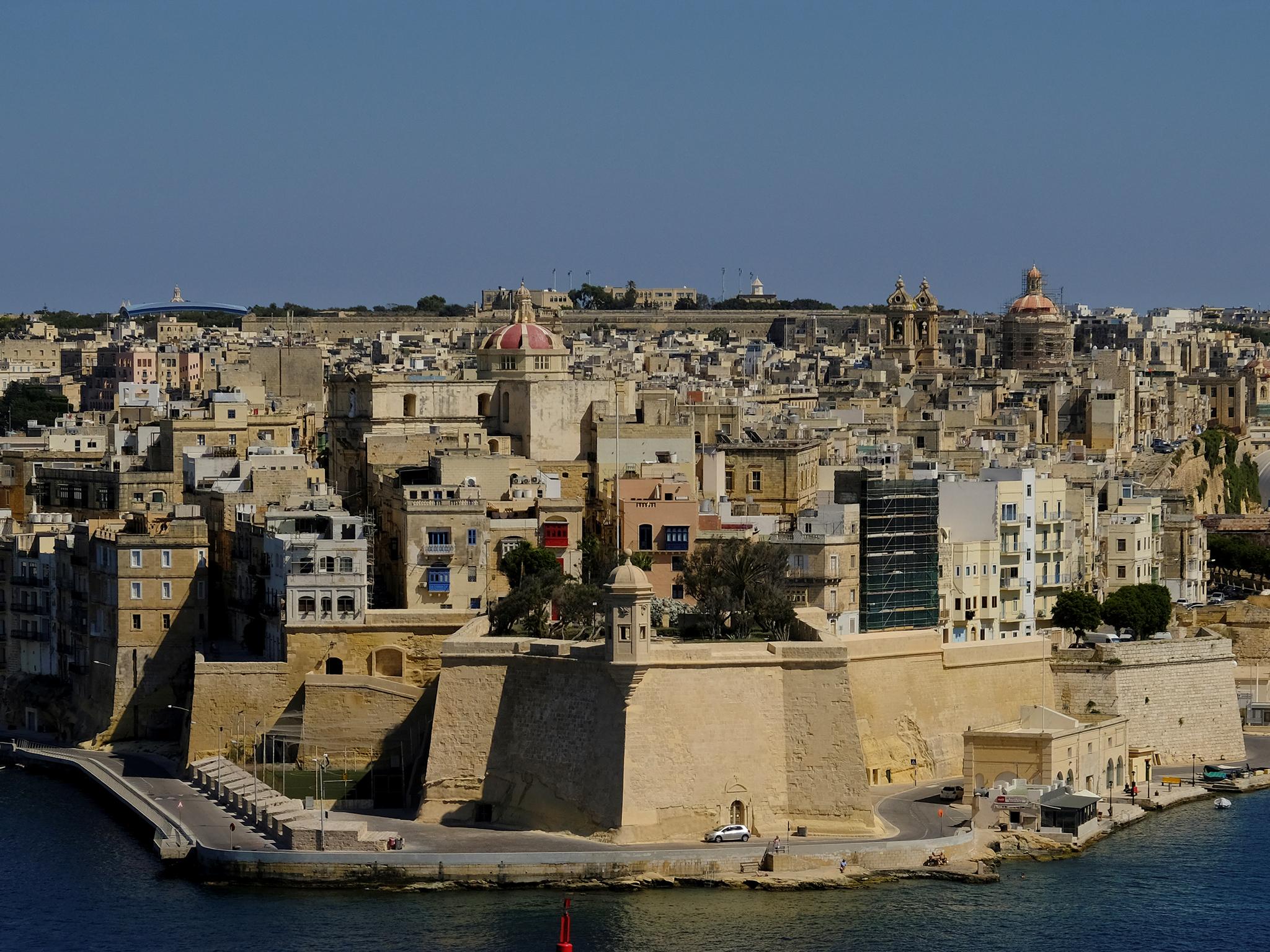Malta to legalise gay marriage and ban gendered words in legislation
Words including 'husband' and 'wife' will be scrapped from country's laws in bid to make legislation gender-neutral

Malta is on the verge of legalising gay marriage after the government brought forward legislation to scrap gendered references to marriage in the country’s legal system.
The draft law, which has received the backing of the centre-right opposition Nationalist Party, will abolish gendered terms such as “husband”, “wife”, “mother” and “father” from the country’s Marriage Act and other laws and replace them with gender-neutral terminology.
It will also be made legal for gay couples to adopt children.
It marks the latest in a series of reforms designed to increase equality in the traditionally Catholic country.
Last year, Malta became the first nation to ban so-called “gay cure” conversion therapy, making it illegal to try to “change, repress or eliminate a person's sexual orientation, gender identity and/or gender expression”.
"Malta wants to keep leading on LGBT issues and civil liberties, to serve as a model for the rest of the world," Maltese prime minister Joseph Muscat, who leads the Labour Party, told the BBC.
However, some MPs have voiced concerns at the changes to marriage law. Despite the reforms being backed by his party leader, one Nationalist Party whip, David Agius, claimed the law would stop people using the words “mum” and “dad”.
"From now on, you cannot call your parents 'mum' or 'dad' because it is not in the law. Will we be celebrating 'person who gave birth today' instead of Mother’s Day?” he said.
Malta’s archbishop, Charles Scicluna, said the church was “not against gays” but criticised the proposed changes.
"The suppression of the cherished terms 'husband and wife', 'mother and father' in Maltese law is lamentable,” he said.
Some Maltese MPs have proposed keeping the traditional, gender-specific references in law while adding new terminology that would enable a same-sex couple to marry.
This has been ruled out by the government, with equality minister Helena Dalli arguing that “introducing some form of new terminology is not equality”.
A traditionally Catholic country, Malta only legalised divorce in 2011 following a public referendum on the issue but a series of recent reforms have seen it rise to the top of international rankings of LGBT-friendly countries.
Should the proposed changes be passed by its parliament, Malta will become the 13th EU state to legalise gay marriage.
A number of others allow gay couples to form legal partnerships with similar rights to a husband and a wife.
However, gay marriage remains illegal in a number of EU countries, including Poland, Bulgaria and Romania.
Join our commenting forum
Join thought-provoking conversations, follow other Independent readers and see their replies
Comments